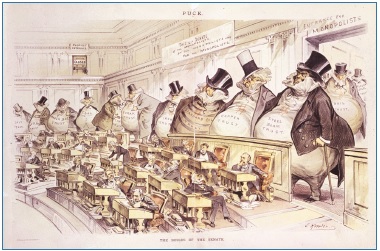Prof. Dr. Xavier Diez
USTEC·STEs (IAC) Unió Sindical dels Treballadors d’Ensenyament de Catalunya
The United Nations system arose at the end of World War II as an attempt to prevent the conflicts that led the world to catastrophe in the first half of the 20th century. The world in 1945, with its promise of peace, but also with the threats posed by the Cold War that would divide the world into two antagonistic political models, appeared to open up a prosperous world based on peaceful coexistence. The United Nations offered a meeting place from which to manage the various conflicts and wars that followed one after the other over the following decades.
Indeed, the majority of the wars and conflicts were related, for the most part, to the processes of decolonization. The United Nations, in fact, grew and became pluralistic as its seats were occupied by new states that had gone through a dark period of colonial dependence. While the tense chapters of the Cold War had often more to do with colonial liberation struggles in which various factions tried to lean on superpowers (the United States and the Soviet Union) appearing to be communist or capitalist.
The trajectory of the United Nations, particularly towards the last decades of the last century, made it clear that the ideological confrontation between the capitalist and communist worlds was more theatrical than real. The Non-Aligned movement demonstrated that the main world problems had less to do with the antagonism between East and West than with the inequalities between North and South.
Neo-liberal globalization, along with its policies drawn from the Bretton Woods system (World Bank, International Monetary Fund), served more to sustain the greatest inequalities between North and South than to support harmonious economic development between nations. Indeed, their interventions led to serious problems of social underdevelopment.
The United Nations being based in New York made sense 80 years ago. Nevertheless, the world has changed. We have shifted from a bipolar to a multipolar world, with emerging nations demanding more participation in global governance. It is logical to move the headquarters to those areas that were ignored in 1945, considering the global assumption, increasingly installed in reality, that in order to achieve a more equitable world, international institutions must set an example.
the United Nations to have rotating headquarters, at least in the five continents in an agreed manner, in which there would not be a centralized headquarters in the United States with its bureaucratic apparatus, but rather international representatives who would have a more accurate picture of the plurality of the world and its cultures, by passing periods of time outside the West.
Nevertheless, in addition to the United Nations as an entity, basically diplomatic and focused on security issues, the need to involve agencies of the United Nations system, especially UNESCO, FAO and WHO, seems to be more relevant. And, most especially, international economic organizations such as the OECD and, in particular, those of the Bretton Woods system, the World Bank and the IMF, which are responsible, in a certain way, for the global problems of development and poverty.
More than just moving a building, we need to change certain mentalities.
* This article is published simultaneously
in PoliTeknik International and PoliTeknik
Español.











